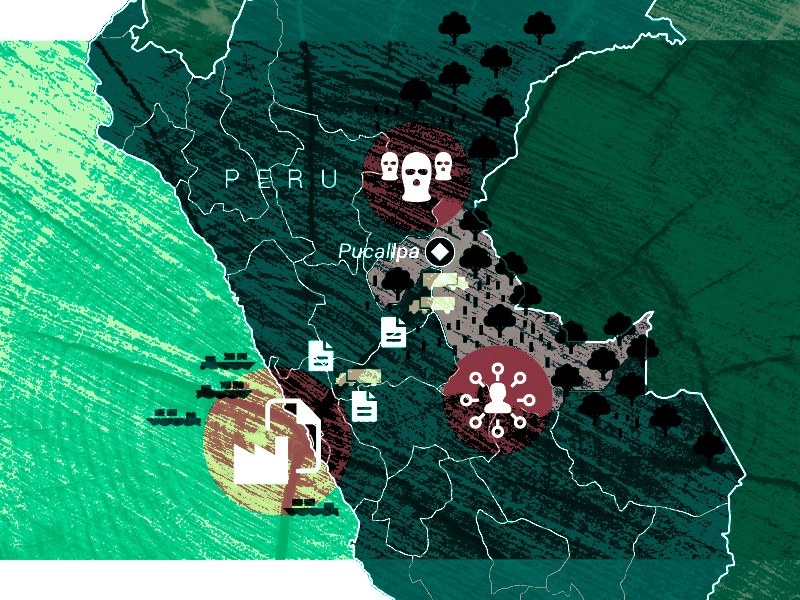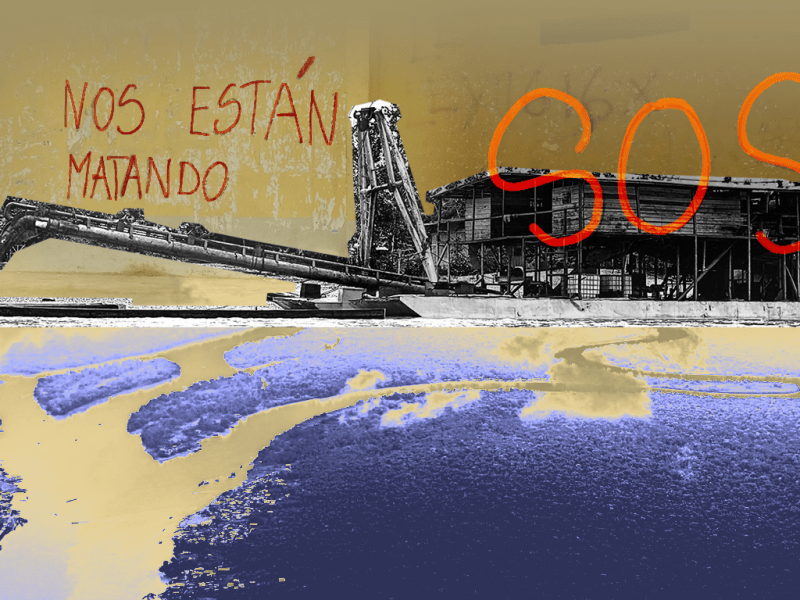Illegal logging has become one of Latin America’s most frequent yet under-reported criminal economies. In this investigation, InSight Crime presents its findings into the dynamics of timber trafficking in Colombia, Honduras, Mexico and Peru.
The corruption of public officials, the complicity of police forces and the weakness of protection mechanisms have contributed to the systematic plunder of the region’s forests.
This investigation was part of a multi-year initiative exploring timber trafficking in the region by InSight Crime and American University’s Center for Latin American & Latino Studies (CLALS).

Investigation Chapters
How Colombia Regulators Became Purveyors of Illegal Wood
In Colombia, timber traders corrupted regulators to traffic untold amounts of timber.
The Logging Barons of Catacamas, Honduras
Catacamas is the largest municipality in Central America, home to thousands of square kilometers of pristine forest. Political elites in this remote part of Honduras have maintained a profitable relationship with timber traffickers for decades.
How Drug Cartels Moved into Illegal Logging in Mexico
Chihuahua is Mexico’s biggest state, and more than a fifth of its 25,000 hectares is forested, mostly with pine trees of the type that are harvested in vast quantities in this country.
Peru’s Patrones and Their Patrons
Nearly eight months after the wiretaps were installed, the conversations on the phones suddenly changed. The talk of logging, laundering and shipping illegal wood stopped. Instead the voices talked of destroying evidence and ditching phones.









